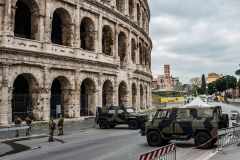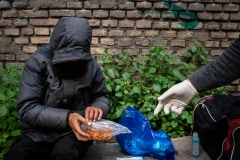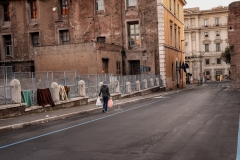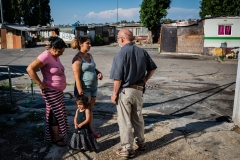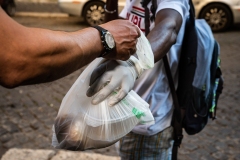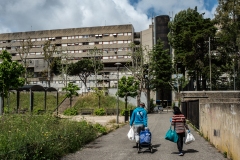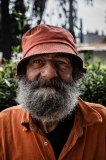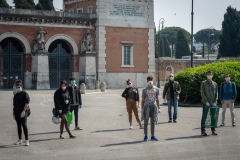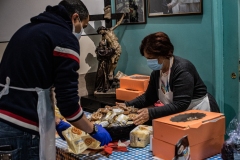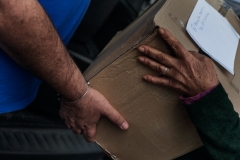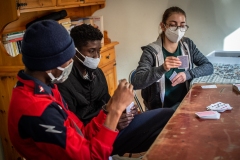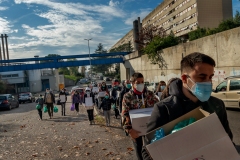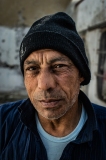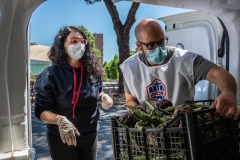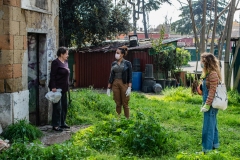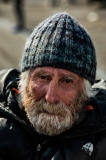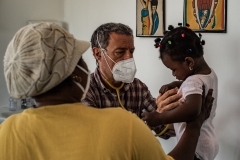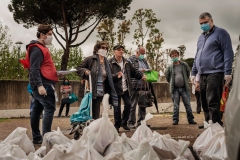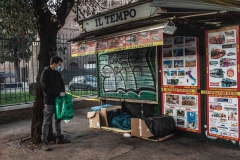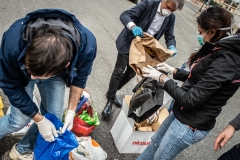Pandemic and Poverty. Solidarity Volunteers amid Covid-19 Emergency in Rome, Italy
Many commentators define Covid-19 a “democratic” virus in itself. It is claimed that it infects heads of state, politicians, stars of sports, as well as those belonging to the poorest and most excluded social classes. But the reality is very different. In Italy, as well as in Europe, it is precisely the latter to be de facto the least guaranteed by a rights regime, and thus to have borne the greatest weight of the devastating health and socio-economic effects of the virus spread.
An already very preoccupying situation in Rome is made into desperate amid the Covid-19 pandemic. The 69-day lockdown resulted in the closure of dozens of “soup kitchens” and reception facilities in the capital, facilities which, in most cases, remained closed even after the end of the lockdown itself and still are to the day. In the capital, moreover, thousands of people have lost their jobs within a few months and became unable to buy the necessary food to survive. An extreme poverty submerged, which risks to becoming a new serious emergency in the short term, that is a “new normal” of extreme social desperation.
It is in this dramatic situation that a dense network of solidarity volunteers has been operating for months in Rome. Hundreds of young and old who have taken care of and continue to work to provide essential services to the homeless, the Roma community, or simply to those “normal” families, now turned destitute after the forced loss of their jobs. Volunteers coming for the most part from the sphere of Catholic associations carried out an indispensable task by helping those who have been marginalized by the pandemic and silently drifted apart even more distant from belonging to the civil society.
My long-term project has documented the work of the volunteers of some of the many associations that operated in the area of distribution of hot meals and food packages to the homeless, but also medical devices, gloves, disinfectants and masks, to allow those who live on the street to better defend themselves from the infection.

